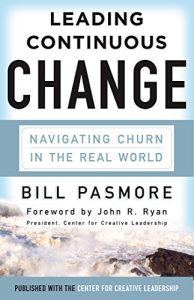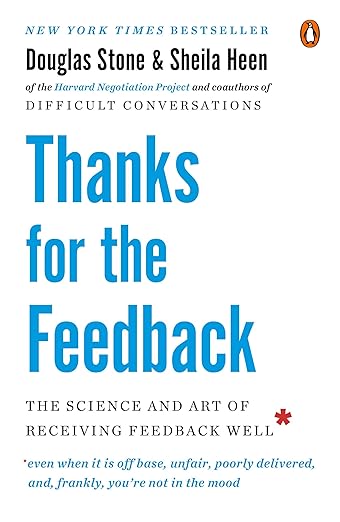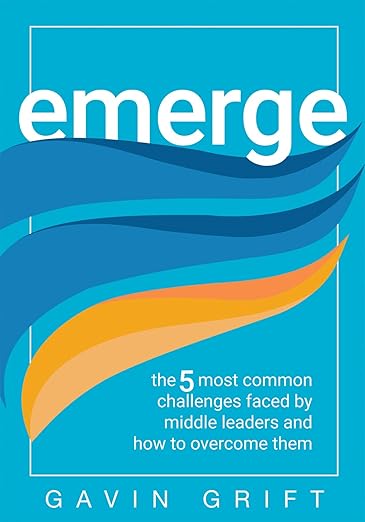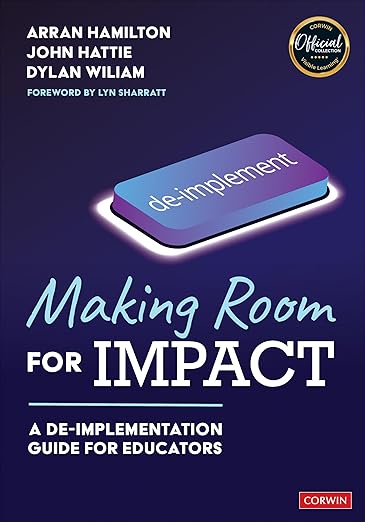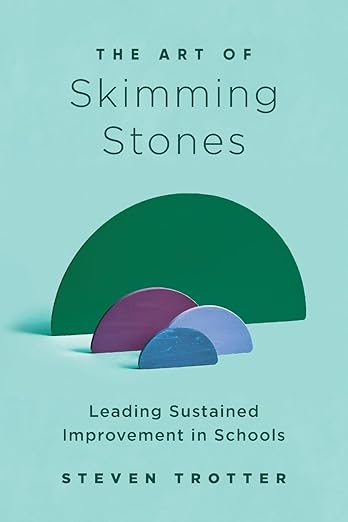Book of the Month for October 2022
Most change efforts fail because most change methods are built to deal with single challenges in a nice, neat, linear way. But leaders know that today, pressures for change don’t come at you one at a time; they come all at once. It’s like riding a roller coaster: sudden drops, jarring turns, anxious climbs into the unknown. Drawing on his years of experience at the Center for Creative Leadership and Columbia University, Bill Pasmore offers a four-part model and four mindsets that allow leaders to deal with multiple changes simultaneously without drowning in the churn.
Osprey Learning Networks
Recommended Read
Previous Reads
December 2024
Emerge: The Five Most Common Challenges Faced by Middle Leaders and How to Overcome Them (Unleash the power of self-awareness in leadership.)
by - Gavin Grift
Author Gavin Grift proposes that successful leadership is, at its core, a deeply personal endeavor built on self-awareness.
November 2024
Making Room for Impact: A De-implementation Guide for Educators
by - by Arran Hamilton, John Hattie, Dylan Wiliam
With teacher and leader workloads and burnout at an all-time high, it’s time for de-implementation: de-prioritizing and deleting the less effective, higher-cost initiatives we implement in schools. De-implementation allows us to focus on practices that have more supporting evidence and a higher probability of positive impact on students, and at the same time gain much-needed...
October 2024
The Art of Skimming Stones: Leading Sustained Improvement in Schools
by - Steven Trotter
The Art of Skimming Stones challenges conventional leadership frameworks, highlighting a crucial gap in their ability to effectively drive improvement.

